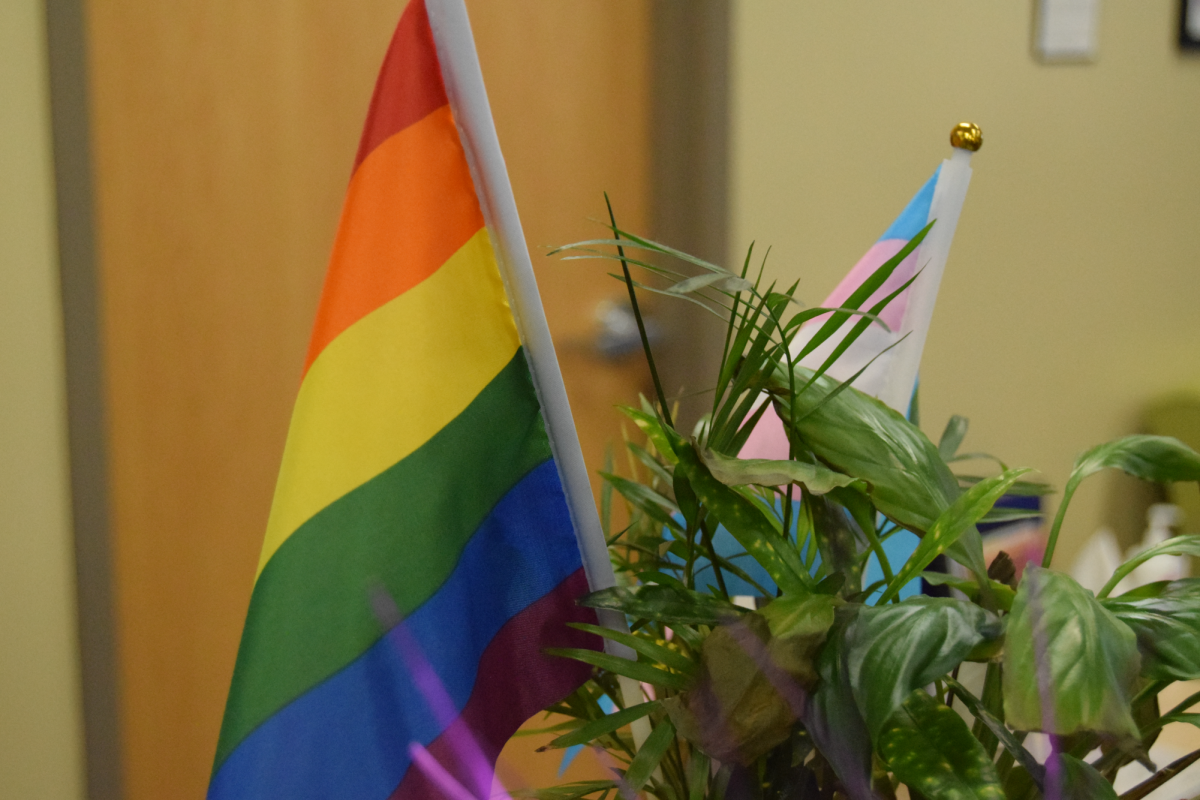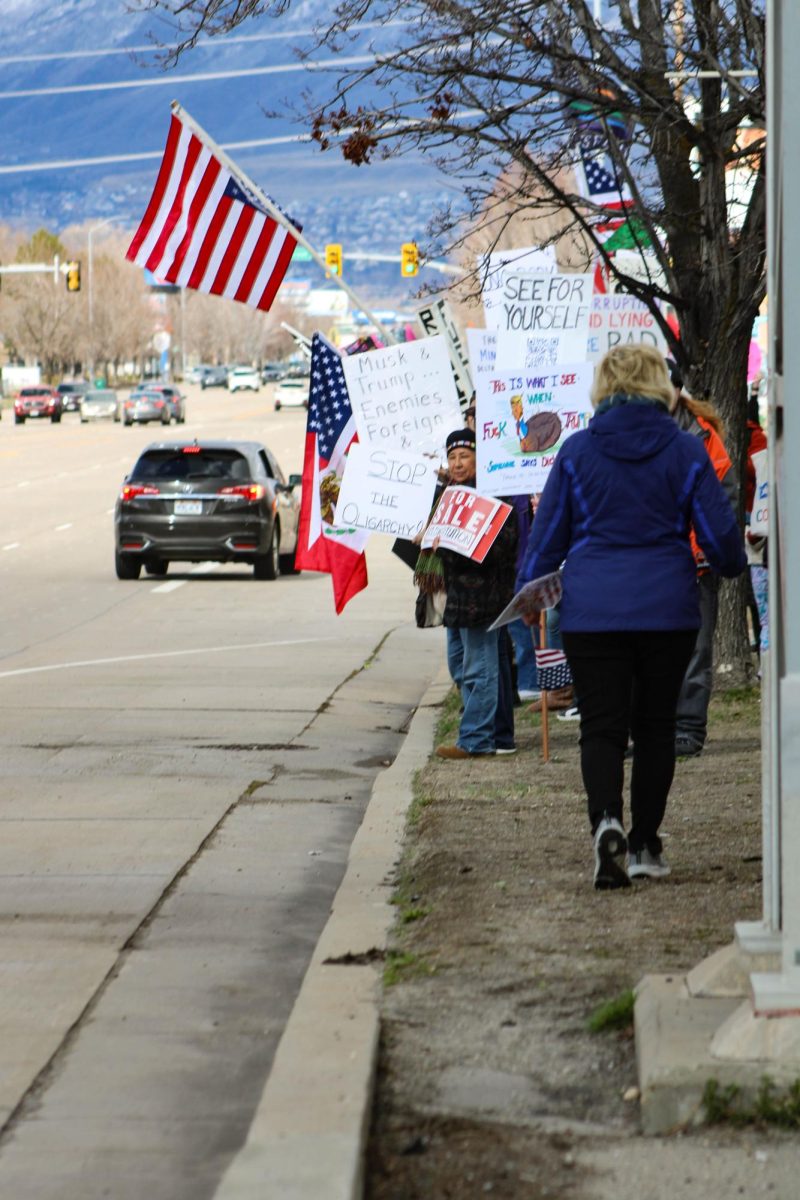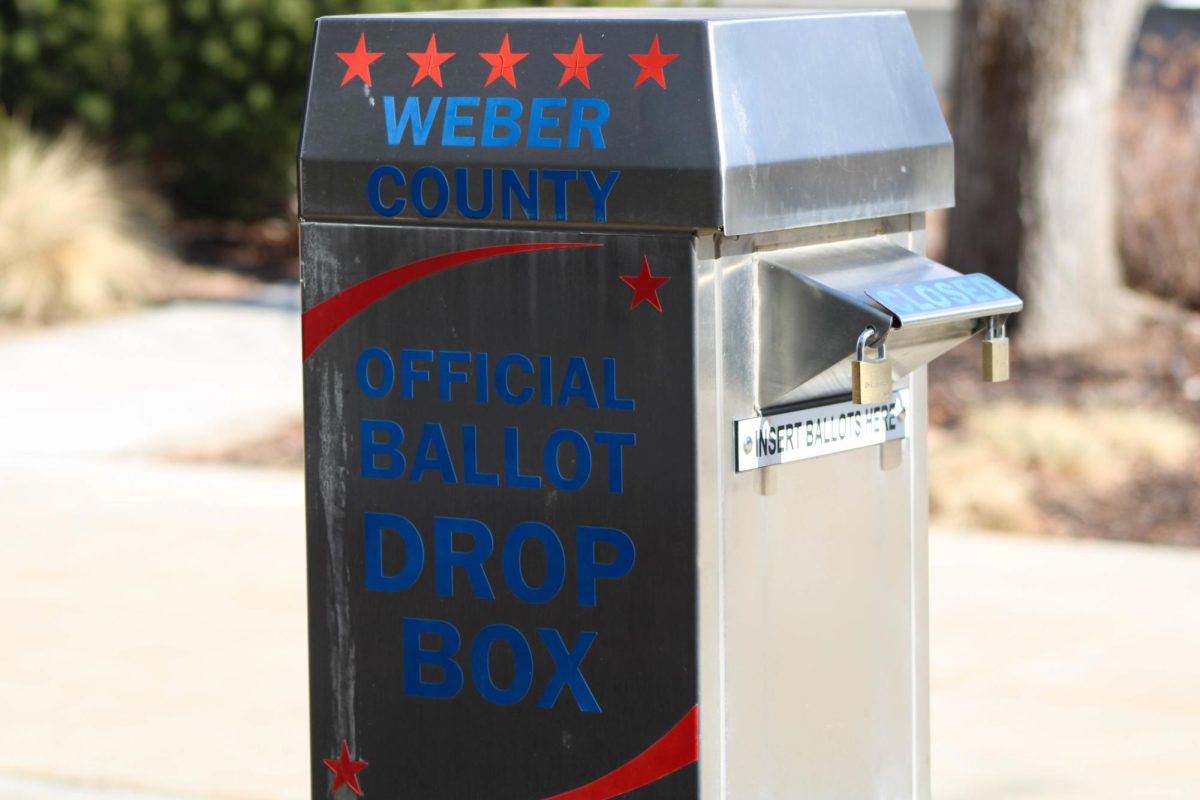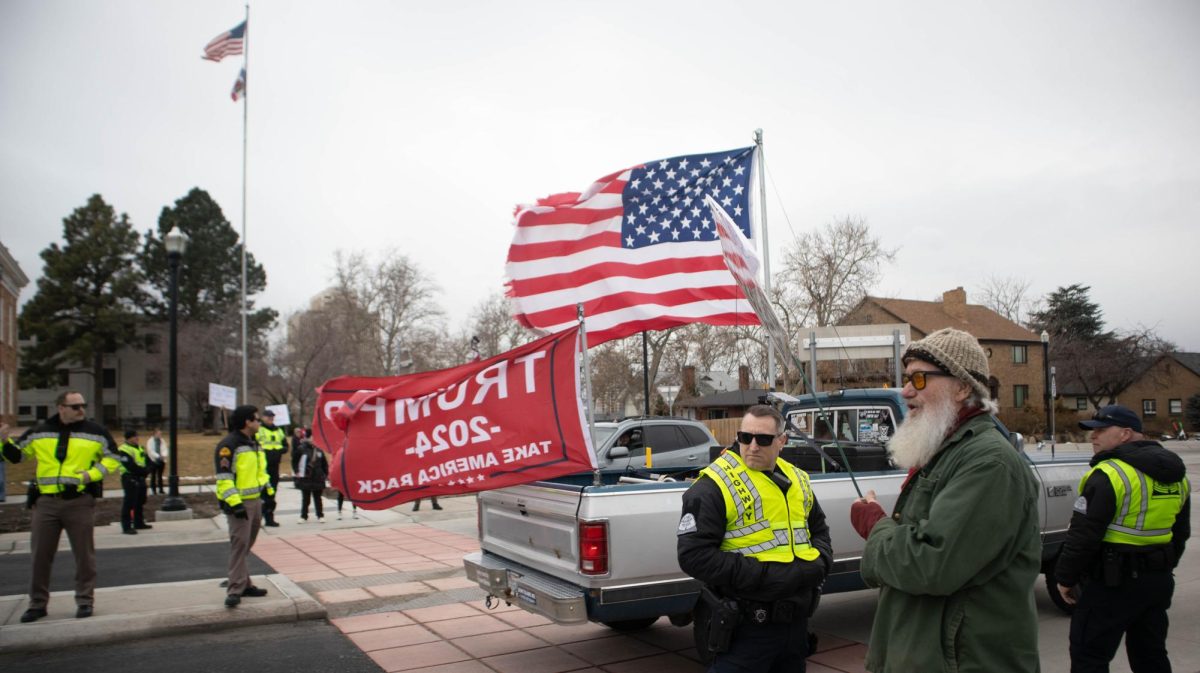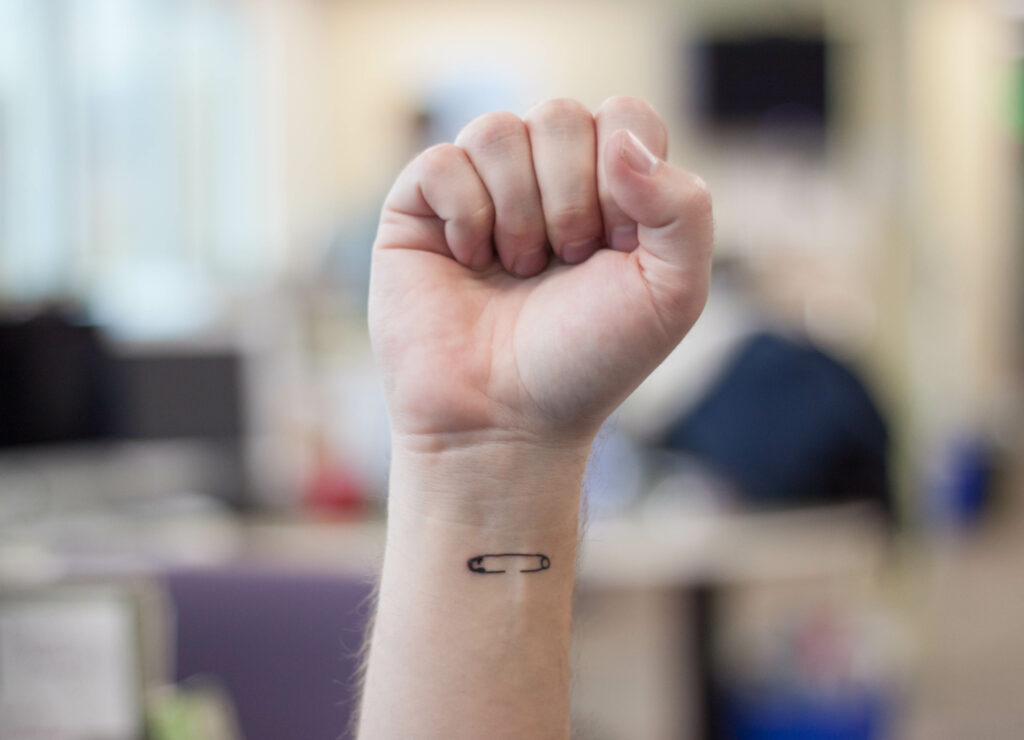
During Brexit, the British withdrawal from the European Union, many people of the United Kingdom wore a safety pin to show their solidarity with refugees and immigrants. The safety pin was a symbol of a “safe place,” or a friendly face on those who wore them.
Since Donald Trump was elected the next-president of the United States, the significance of the symbol has risen again.
“I am wearing a safety pin because I believe in the power of a symbol,” Weber State alumnus Taylor Knuth said. “Symbols are meaningless, but if the symbol has the power and the will of enough people with the urge to create a change — in this case, a safety pin — that symbol can change the world.”
For many who are now fearful of hate crimes in the United States, the safety pins offer security. When people are wearing the safety pins, they represent solidarity amongst all people who may feel disenfranchised.
“I am not going to wear a safety pin, because if you knew me, you would know I have always been an ally, and I will always stand by victims of inequality, discrimination and prejudice,” Ogden native Nicholas Maughan said. “Instead of wearing a safety pin, I am going to be the safety pin.”
While people are wearing safety pins in support of minorities that feel threatened, other do not believe this is a necessary course of action or are instead a cry for attention.
“I feel like some people are wearing them because a celebrity did it, and people are choosing to follow it just like any other trend,” an anonymous source said. “Some of my family are not yet legal citizens but they are in the process. Neither I, nor my family are choosing to protest because none of us feel threatened with this presidential change. In fact, we support it.”
The Southern Poverty Law Center has recorded over 200 incidents of “election-related harassment and intimidation,” since the election results have been revealed. Blacks, Immigrants and Muslims are the most frequently targeted minorities, according to the SPLC.
Many are choosing to wear the safety pins not as an anti-Trump message, but as an anti-hate message — but not everyone believes wearing a safety pin makes others feel safe.
Christopher Keelty, Huffington Post columnist, said in his article, “Dear White People, Your Safety Pins Are Embarrassing,” that white people are wearing the safety pins to make themselves feel better for electing a racist demagogue.
“I know you’re uncomfortable. You feel guilty. You think people are going to suspect you of being a racist, and you want some way to assuage that guilt and reassure your neighbors that ‘you’re one of the good ones,'” Keelty said. “But you know what? You don’t get to do that … you need to feel bad.”
Throughout the duration of his campaign, President-elect Trump has threatened to build a wall between the United States and Mexico, deport illegal aliens and abolish laws in favor of the LGBTQ community.
Since the election results were released, Trump has since lightened his list of to-dos, which included abolishing LGBTQ equity laws.
“I do not believe Donald Trump is racist, sexist or homophobic,” future WSU student Tiffany Parslow said. “But I think if wearing a safety pin, along with the appropriate actions, makes people feel safe, then do it.”















